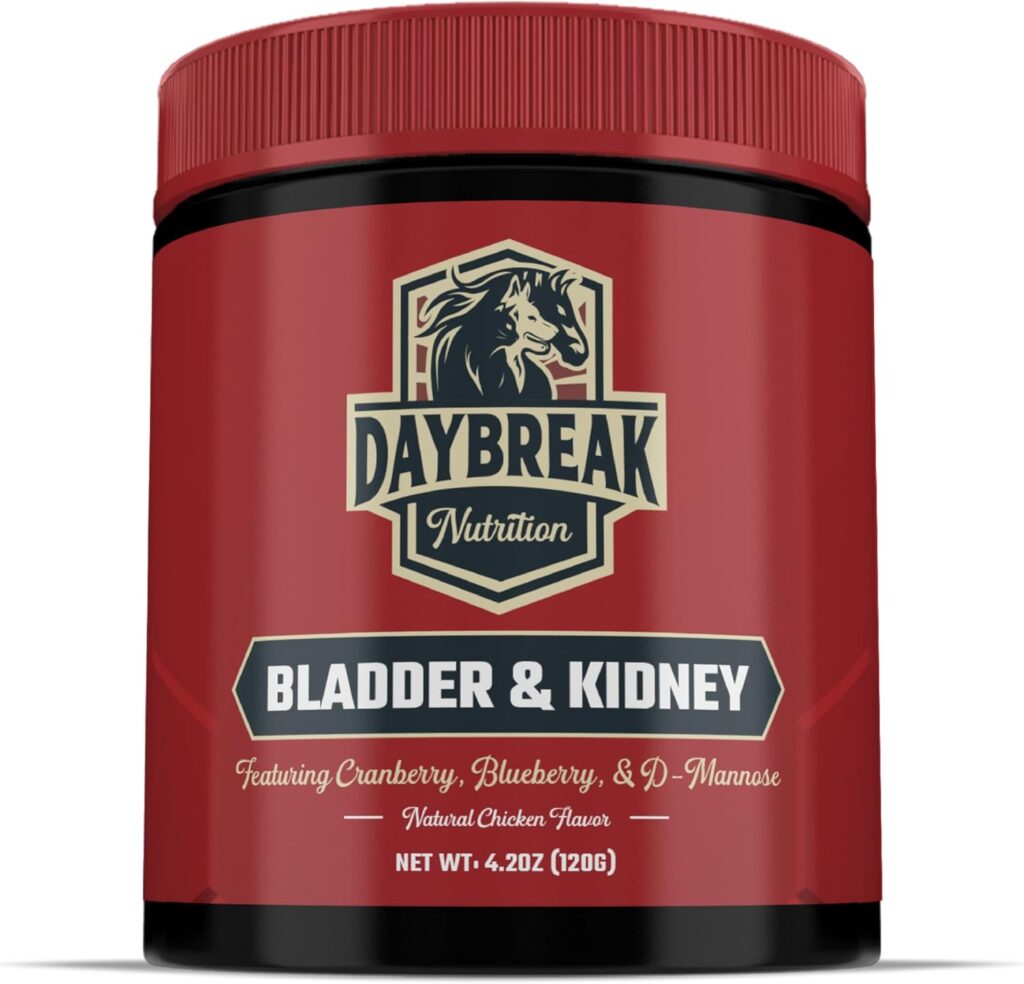Urinary tract infections (UTIs) can be a painful and distressing condition for cats, leading to symptoms such as frequent urination, straining to urinate, and blood in the urine.
Understanding what causes UTIs in cats is essential for effective prevention and treatment.
In this post, we are going to explore 5 ways to ease cat UTIs, starting with what causes UTIs in cats.
Let’s dive in!
What Causes UTIs in Cats?
UTIs in cats are often caused by bacteria entering the urinary tract, but several factors can contribute to their occurrence. Common causes include:
- Bacterial Infections: The most typical cause of UTIs, is when bacteria from the skin or fecal matter enter the urinary tract.
- Underlying Health Issues: Conditions such as diabetes, kidney disease, or bladder stones can predispose cats to UTIs.
- Urinary Crystals: The formation of crystals in the urine can irritate the bladder lining, making it more susceptible to infection.
- Poor Hygiene: Inadequate grooming or access to clean litter can increase the risk of bacteria entering the urinary tract.
Identifying the underlying causes is crucial for effective treatment and prevention of future UTIs.
5 Ways to Ease Cat UTIs
1. Take A Cranberry Supplement
Cranberry supplements are well-known for their ability to support urinary tract health in both humans and animals.
They contain compounds called proanthocyanidins, which prevent bacteria from adhering to the urinary tract walls, thereby reducing the risk of infection.
Look for a high-quality cranberry supplement specifically formulated for cats.
My cat’s personal favorite cranberry supplement is Daybreak Nutrition’s Bladder & Kidney.
Daybreak’s Bladder and Kidney Relief is an excellent supplement for addressing UTIs in cats, harnessing the power of cranberry extract to support urinary tract health.
This formula helps reduce the frequency of urination and alleviate discomfort associated with UTIs, promoting better bladder control.
With premium ingredients like cranberry and blueberry powder, along with D-Mannose, this supplement offers effective urinary support at a cost-effective price, ensuring your pet receives high-quality care without breaking the bank.
Simply follow the directions on the back and you’re good to go!
Consult your veterinarian for the appropriate dosage to ensure that your cat receives the maximum benefits without any adverse effects.
2. Increase Water Intake
Staying hydrated is essential for flushing out bacteria from the urinary tract.
Increased water consumption can help dilute the urine, making it less concentrated and less likely to harbor bacteria.
Encourage your cat to drink more water by providing fresh, clean water at all times.
Consider using a pet water fountain, as cats are often more inclined to drink flowing water.
You can also offer wet cat food or add water to their dry food to increase their moisture intake.
3. Maintain a Clean Litter Box
A clean litter box is crucial for preventing UTIs.
Bacteria can thrive in dirty litter boxes, increasing the risk of infection.
Keep your cat’s litter box clean by scooping daily and changing the litter regularly.
Use unscented litter, as some cats may be sensitive to fragrances, and ensure the litter box is placed in a quiet, accessible location.
4. Provide a Balanced Diet
A balanced diet is essential for maintaining your cat’s urinary health.
Certain diets can help prevent urinary crystals and promote a healthy urinary tract.
Consult your veterinarian for dietary recommendations tailored to your cat’s specific health needs.
Consider feeding a diet formulated for urinary health, which often includes higher moisture content and specific nutrients to support the urinary tract.
5. Regular Veterinary Check-ups
Regular veterinary visits are essential for catching and managing any underlying health issues that may contribute to UTIs.
Schedule routine check-ups with your veterinarian to monitor your cat’s urinary health, especially if they are prone to UTIs.
Discuss any changes in behavior or symptoms, as early intervention can prevent more severe complications.
Ease Your Cat’s UTI
Easing cat UTIs requires a combination of supportive care and preventive measures.
By incorporating a cranberry cat supplement, increasing water intake, maintaining a clean litter box, providing a balanced diet, and ensuring regular veterinary check-ups, you can help your feline friend recover and reduce the risk of future infections.
If you notice any signs of a UTI, such as frequent urination or discomfort, consult your veterinarian for proper diagnosis and treatment.
With the right care, you can help your cat maintain a healthy urinary tract and overall well-being.
Thank you for reading!

